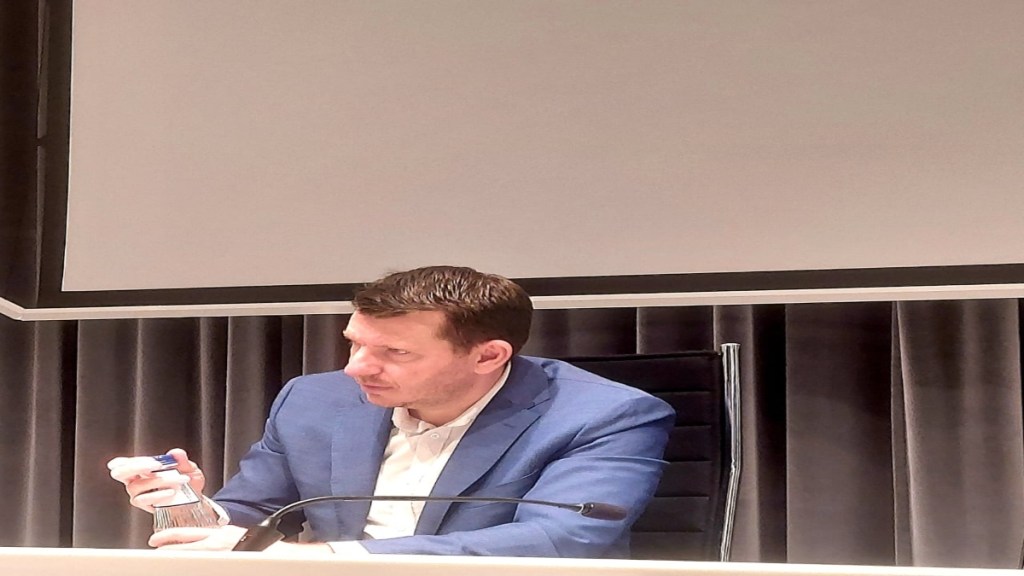Estonia, one of the world’s most digitally advanced countries, is looking to partner with India on cybersecurity. During meetings with a group of journalists in Tallinn, Estonian government stakeholders expressed their desire to collaborate with India in this crucial field.
“We are happy to intensify the cooperation with India and to conduct cyber exercises here. Globally, there is a rise in cyber attacks and Estonia is also facing attacks from hackers,” said Jonatan Vseviov, Secretary General of the Ministry of Foreign Affairs.
Estonia, a northern European country with a population of 1.37 million, was once part of the Soviet Union. In 2007, it experienced one of the most extensive cyberattacks on its businesses and institutions. A Distributed Denial of Service (DDoS) attack, which floods servers with internet traffic to overwhelm and shut them down, occurred between April 25 and May 4, 2007. This attack coincided with riots by ethnic Russian Estonians following the removal of a Soviet war memorial from central Tallinn.
More recently, since 2022, large-scale DDoS attacks have targeted Estonian public sector websites, services, and private companies. The Estonian government alleges these attacks were backed by Moscow, especially after Estonia emerged as a strong supporter of Ukraine following Russia’s invasion.
“The 2007 cyber attack was a wake-up call for us. It was a politically motivated cyber-attack against government institutions, private companies, and news organizations. We, as a digitized country, realized that the digital domain is as important as land, air, space, and sea. Information exchanges and coordination between stakeholders are extremely important,” Vseviov said.
Dr. Mart Noorma, Director of the Cooperative Cyber Defence Centre of Excellence (CCDCOE), emphasized the importance of collaboration. “We wholeheartedly welcome like-minded democratic nations like India to join us. This will help in cyber knowledge and exchanging methods to address cyber-attacks. The cooperation will help a large-scale coalition through research, training, and exercises.”
The CCDCOE, established in 2008, is a NATO-accredited knowledge hub offering an interdisciplinary approach to cyber defense issues. It brings together international experts from the military, government, academia, and industry from 39 countries. The center plays a critical role in protecting national civilian and military IT systems and critical infrastructure during large-scale cyber-attacks.
Digital Republic
Estonia stands out as a digital republic, with 99 percent of its government services available online and internet access enshrined as a basic human right in its constitution. In 2005, Estonia became the first country to implement online voting. The country offers comprehensive governmental online services, allowing the average taxpayer to file tax returns in just five minutes. Additionally, all medical records are digitized.
In 1997, Estonia launched the Tiger Leap project to expand internet networks and improve computer literacy. It was also the first country to legislate internet access as a basic human right. Free Wi-Fi hotspots, started in 2001, now cover almost all populated areas. In 2012, Estonia became the first country to use blockchain technology for governance.
This correspondent is in Tallinn on the invitation of the Government of Estonia.

